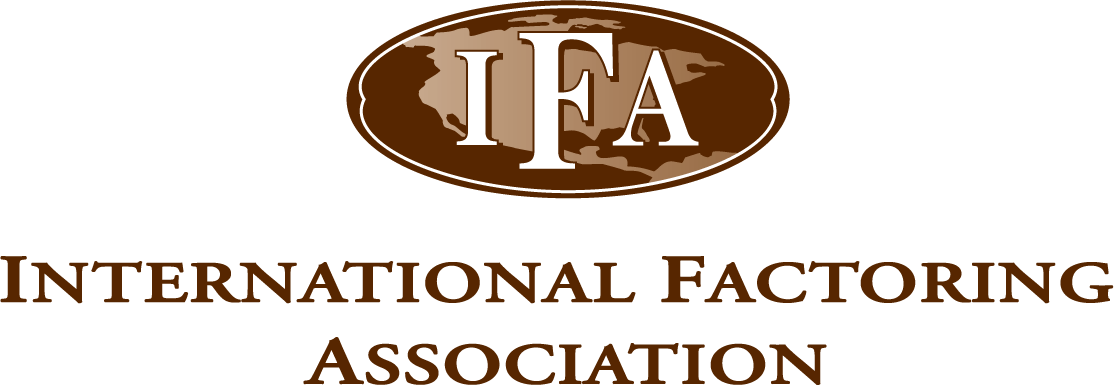What is Invoice Factoring?
Everything you need to know.

Alternative Finance may not be something you’ve had much exposure to, and when compared, at least at first glance, to traditional forms of finance, can appear to be a negative means of generating working capital.
Through education, many of the stigmas associated with alternative finance can be easily set aside. In fact, when partnered with the right company, businesses may reap increased benefits while working with a factoring outfit, especially when compared to traditional finance. Many business leaders are also surprised to learn that, often times, alternative finance can be used as a tool to improve their access to traditional finance. Before discussing this, however, it is important to know more about the history of Invoice Factoring.
The History of Invoice Factoring
While it may seem novel at first glance, Invoice Factoring is almost as old as commerce itself. Throughout history, cash flow availability has been a stumbling block for business leaders. It’s not just a modern problem! Surprisingly, Invoice Factoring can trace its roots back to ancient Mesopotamia, as well as the Roman Empire.
The first true forms of factoring, however, were conducted in Italy, where grain farmers would factor their harvests to avail funds before the end of a crop cycle. Then, three hundred years later, the East India Trading Company and other maritime traders used factoring as a means to advance capital to farmers, hunters, and other suppliers of goods to Europe from the Americas, and vice versa.
Modern factoring has roots in manufacturing, where producers of goods had a portion of their outstanding accounts factored by banks and lenders to procure materials for production.
Factoring experienced an increase in demand from business leaders of all scales, in part because of how accessible it became, and because of how stringent traditional finance facilities became in the 1970s – further exacerbated by the 2008 economic crash.
What is Invoice Factoring?
While factoring may have been refined over the years, the basic principle has been the same from the beginning.
Invoice factoring is, in short, the advancing of funds owed to a business before payment is due, through the use of a factor. Typically, the factor will advance a percentage (dependent on risk) to you, then release the remaining funds, minus the factor’s fees, to you on receipt of the payment from your client.
Express Business Funding not only provide factoring but also make ourselves available to our clients to assist in transforming their business processes. By offering advice, insight, and hands-on guidance, our factoring clients can use factoring not only for its intended purpose but, in many cases, as an extension to its leadership team. This is not an industry standard, but something that we believe is an essential part of the service that we offer.
How would you know if Invoice Factoring is right for you?
Invoice factoring is not an out-of-the-box solution, which means that it won’t be the best financing option for every business owner (though it could be). When your business requires fast capital and traditional financial institutions won’t (or can’t) extend a line of credit to you that covers your needs, invoice factoring is likely the most viable solution for you.
One of invoice factoring’s greatest advantages is the speed with which it can be made available to a business. Generally, a factoring facility is made accessible in no more than a week after application. Keep in mind, however, that invoice factoring can only be rendered when you have outstanding accounts receivables, so while it may meet your need for quick liquidity, you may not be eligible.
Depending on which factor you opt to work with, the reserve value of the invoice/s factored should be availed to you within 24 hours of receipt of payment from your customer. At EBF, when all documentation is in order, reserves are released on the same day payment of the outstanding invoice/s is received. This may not always be the case, however. Some factors transfer the reserves from paid receivables to a business within 7/ 14/ 30 days from the date of payment. It is critical that you check these terms when engaging a factor, as these unnecessarily long payment cycles will accrue interest (even after your customer has settled their account and the factor has received payment)!
Factoring is also affordable. While terms may differ from factor to factor, the fees owed when invoices are factored are generally around 1.5% – 2.5% per thirty days factored. This, as above, is factor-dependant though. Ensure that you engage with a reputable factor to avoid incurring hefty, unwarranted costs.
If your business is reliant on the timely payment of a complete or partially complete project to commence with another project, factoring will work well for you. Many construction, staffing, manufacturing, and infant businesses, for example, require payment from previous contracts to begin working on their next project, and in this instance, factoring is the best option for their business. This alleviates the overall impact of what we call the “cash-flow crunch”.
Many businesses operating in new industries also suffer from credit shortfalls, as traditional lenders typically avoid unchartered ground. By working with a factor, new businesses can receive the aid that they need to achieve high growth.
Finally, factoring assists un-bankable businesses. When a business does not meet the (often stringent) criteria of a traditional credit provider, it can feel like the end of the road. Alternative financiers assess the risk of the credit line offered in a very different way to traditional financers, and as such, is much more accessible.
If you would like to find out more about Invoice Factoring, we welcome you to contact one of our expert Account Managers. We would love to identify how we can help you!


